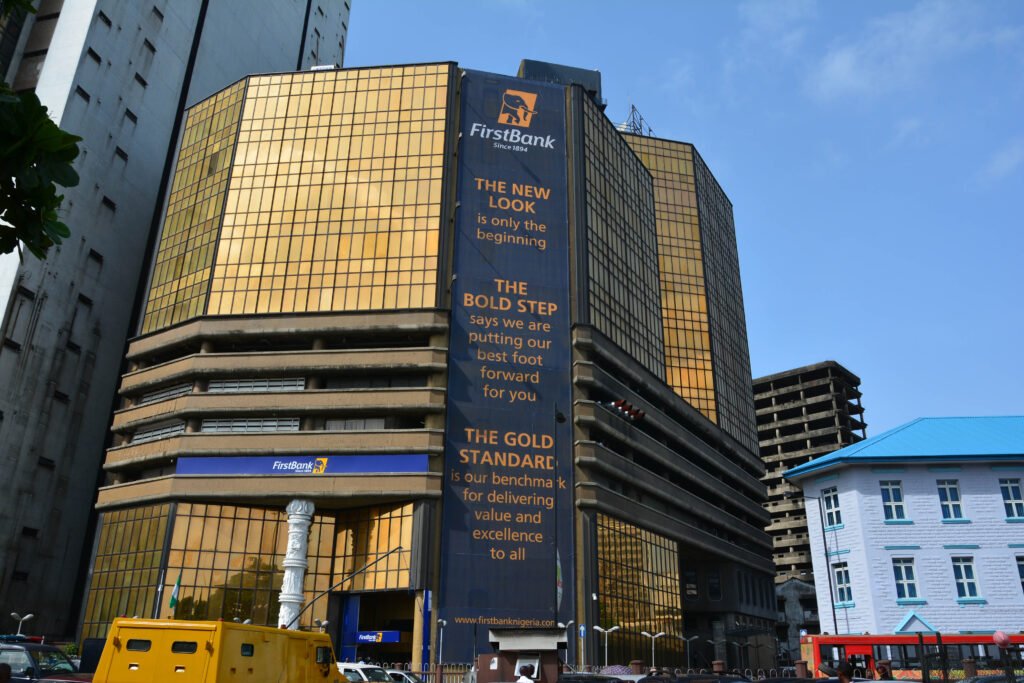International rating organisation, Fitch Ratings has said that foreign exchange liquidity and dollar shortage pose significant risks to the ratings of Nigerian banks.
This was contained in a report entitled ‘Fitch Ratings sees gradual recovery for African banks in 2021’ issued on Tuesday.
Nigeria is currently facing a dollar shortage due to dwindling forex reserves as the country loses around 65 percent of its foreign exchange revenue as global oil demand remains unstable.
The Central Bank of Nigeria (CBN) has been struggling to meet demand at the domestic foreign exchange market as its forex reserves decline in the face of drops in oil income.
The local currency had depreciated rapidly on the parallel market in the last few weeks before the CBN stepped in to liberalise diaspora remittances to create dollar liquidity in the parallel market and ease pressure on the local currency.
Also Read: Nigeria Close to Securing $1.5bn World Bank Loan – Finance Minister
Fitch said though the foreign currency liquidity risks have not materialised among Nigerian banks, nonetheless, it could pose a threat to their stability.
The report said funding and liquidity would remain broadly stable for African banks. It noted that banks were generally more liquid due to slower loan growth and risk aversion, and deposit growth would remain strong.
Fitch said the sector outlook for African banks was stable for 2021 as it saw a gradual normalisation with business volumes and revenues picking up.
“However, we do not expect a return to pre-pandemic performance levels for at least another two years,” it said.
According to the report, asset quality will deteriorate faster in 2021 and beyond due to the lag effect of the pandemic on households and businesses, combined with the expiry of temporary debt-relief measures.
Fitch Ratings said, “The most likely scenario is the active restructuring of large corporate loans preventing a sharper hike in impaired loans.
Also Read: Nigeria’s Dollar Trap: How it Impacts Foreign Investors and Nigerian Jobs
“Such flexibility will not be afforded to consumer and SME loans and these segments will drive higher impaired loans over the longer term.
“Impaired loan ratios could head towards low double digits in some countries, particularly in Nigeria and Morocco.
“Our base case is that due to still healthy revenue generation capability, most banks in the region will remain profitable despite large credit losses.
“The rebuilding of earnings will be slower for South African banks,” the Fitch report read.

